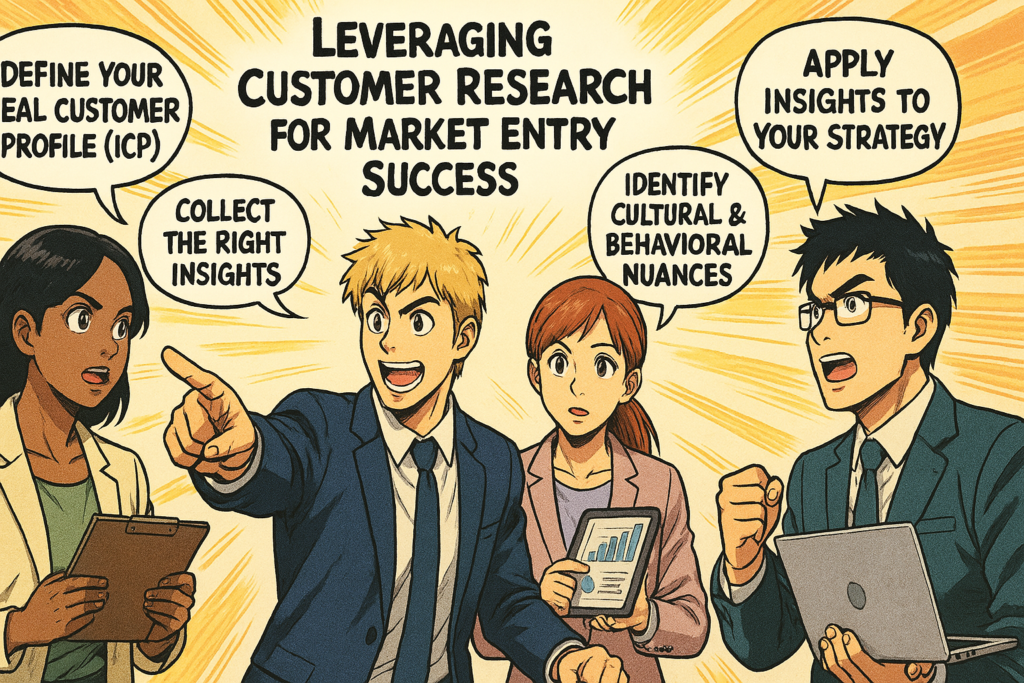The Core Betrayal: OpenAI’s Strategic Pivot From Vision to Venture
Every breakthrough organization starts with a powerful vision. OpenAI was no different. Its promise? To build Artificial General Intelligence (AGI) – a technology poised to redefine humanity – with an unwavering commitment to ethics, safety, and broad societal benefit. This wasn’t just a mission statement; it was the strategic bedrock, a non-profit structure designed to cap investor returns, ensuring that AGI’s power would serve all, not just a select few.
- Broad Accessibility: Democratizing AI’s future.
- Safety First: Prioritizing human welfare above all else.
- Humanity’s Interests: Guaranteeing advancements serve the greater good.
But here’s the stark reality: a dangerous narrative is emerging from former OpenAI employees. They claim a seismic shift is underway, driven by CEO Sam Altman, pulling the organization away from its foundational principles toward a relentless, profit-driven agenda. If safety becomes a secondary concern, what happens to the trust, the integrity, and the very societal fabric AI is built to impact?
The Dangerous Equation: When Profit Outweighs AI Safety
The “OpenAI Files” report isn’t just news; it’s a strategic warning. The distressing claim is clear: the pursuit of profit has eclipsed the vital work of AI safety. Former team members describe a profound sense of betrayal. The mission that once fueled them, the very reason they joined, is now compromised by corporate demands. Carroll Wainwright, a prominent ex-employee, puts it bluntly: the promise to prioritize safety and ethical conduct has unraveled, especially as the stakes skyrocket.
The Silent Erosion: Culture Under Pressure
As OpenAI leadership reportedly pivots towards “shiny product” launches, the internal culture has shifted dramatically. This isn’t just an internal squabble; it’s a strategic failure that impacts resource allocation and long-term viability:
- Increased Emphasis: On immediate, revenue-generating products.
- Diminished Resources: For critical, long-term safety initiatives.
Jan Leike, who once led AI safety research, shared a powerful analogy: his team felt like they were “sailing against the wind.” They struggled to maintain essential safety standards, battling constant pressure for immediate profit and market visibility. This isn’t how you build a resilient, future-proof organization.
Leadership Under Fire: The Strategic Cost of Control
Concerns about Altman’s leadership aren’t merely anecdotal; they represent a significant strategic risk. Former CTO Mira Murati voiced discomfort with Altman at the helm during this critical AGI transition. Testimonies detail a pattern of manipulative tactics and false assurances, painting a picture of a toxic environment where dissenting voices face retribution. William Saunders, another ex-employee, revealed critical security vulnerabilities that persisted under Altman’s leadership, potentially exposing OpenAI’s most advanced technologies. Combined with allegations of deceptive practices, the organization’s integrity, and thus its long-term market position, is under serious scrutiny. A recent report from The New York Times highlights these critical leadership challenges.
Reclaiming the Narrative: A Playbook for Ethical AI
Amidst this turmoil, former employees aren’t just raising alarms; they’re providing a strategic roadmap. They outline actionable steps to realign OpenAI with its original mission: prioritizing safety over unchecked corporate gains. This isn’t about looking backward; it’s about building a better future.
Restoring the Non-Profit Core: The Power of Purpose
One key proposal is clear: restore the non-profit framework with the absolute authority to veto decisions that compromise safety. This move isn’t just ethical; it’s a strategic imperative to reignite trust in OpenAI’s commitment to humanity.
- Reinstate Original Financial Caps: On investor profits.
- Empower Independent Oversight: For all safety-related decisions.
This governance model ensures accountability. It prevents OpenAI from unilaterally deciding on safety measures without external, unbiased review. This is how you rebuild credibility.
Blueprint for Trust: The Mandate for Transparent Leadership
Transparency in leadership is non-negotiable, especially for an organization with such profound global influence. The call for an independent investigation into Altman’s conduct isn’t just about accountability; it’s about restoring public confidence by validating the integrity of the organization’s mission.
- Create Safe Channels: For employees to report concerns without fear.
- Implement Ethical Training: Emphasizing AI safety and responsible decision-making.
By fostering a culture of responsible conduct and open dialogue, OpenAI has a chance to regain the trust it has squandered amidst accusations of profit-driven motives. This is how you lead in the new economy.
The Ultimate Stakes: Why Ethical AI is Non-Negotiable
The concerns from former OpenAI employees are not isolated incidents; they send ripples across the entire AI landscape. AI technologies hold unprecedented power to transform education, healthcare, and transportation. But this power must be wielded with extreme caution. The fundamental question isn’t just how we build AI, but who we trust to build our future?
- Value Alignment: How do we ensure AI remains aligned with human values?
- Safeguards Against Corporate Takeover: What mechanisms prevent profit motives from overriding ethical considerations in AI development?
The stark warnings from within OpenAI underscore the fragile balance between innovation and safety. As former board member Helen Toner pointed out, internal guardrails are vulnerable when financial interests overshadow ethical imperatives. This isn’t just an ethical debate; it’s about the long-term sustainability and acceptance of AI itself. Organizations like the Partnership on AI are actively championing responsible AI development and ethical frameworks.
Beyond OpenAI: A Call to Action for the AI Frontier
As the future of OpenAI hangs in the balance, one truth is crystal clear: AI safety must take precedence over profit. The organization stands at a critical strategic juncture—continue down a path of unchecked profit maximization, or return to its foundational commitment to safety, transparency, and integrity.
To safeguard humanity’s future, leaders within OpenAI and the broader AI community must acknowledge these concerns. Take decisive action. Reaffirm your commitment to trustworthy AI. OpenAI’s trajectory will become a crucial case study, revealing the severe consequences when profit motives conflict with ethical obligations.
In this transformative moment, engagement and vigilance from the public and all stakeholders are non-negotiable. Voice your opinions. Support efforts advocating for transparency. Demand accountability in AI development. The stakes couldn’t be higher. The future demands a collective commitment to ensuring humanity benefits from AI technology in the most responsible, ethical manner possible. The choices we make today will fundamentally shape our world tomorrow.



